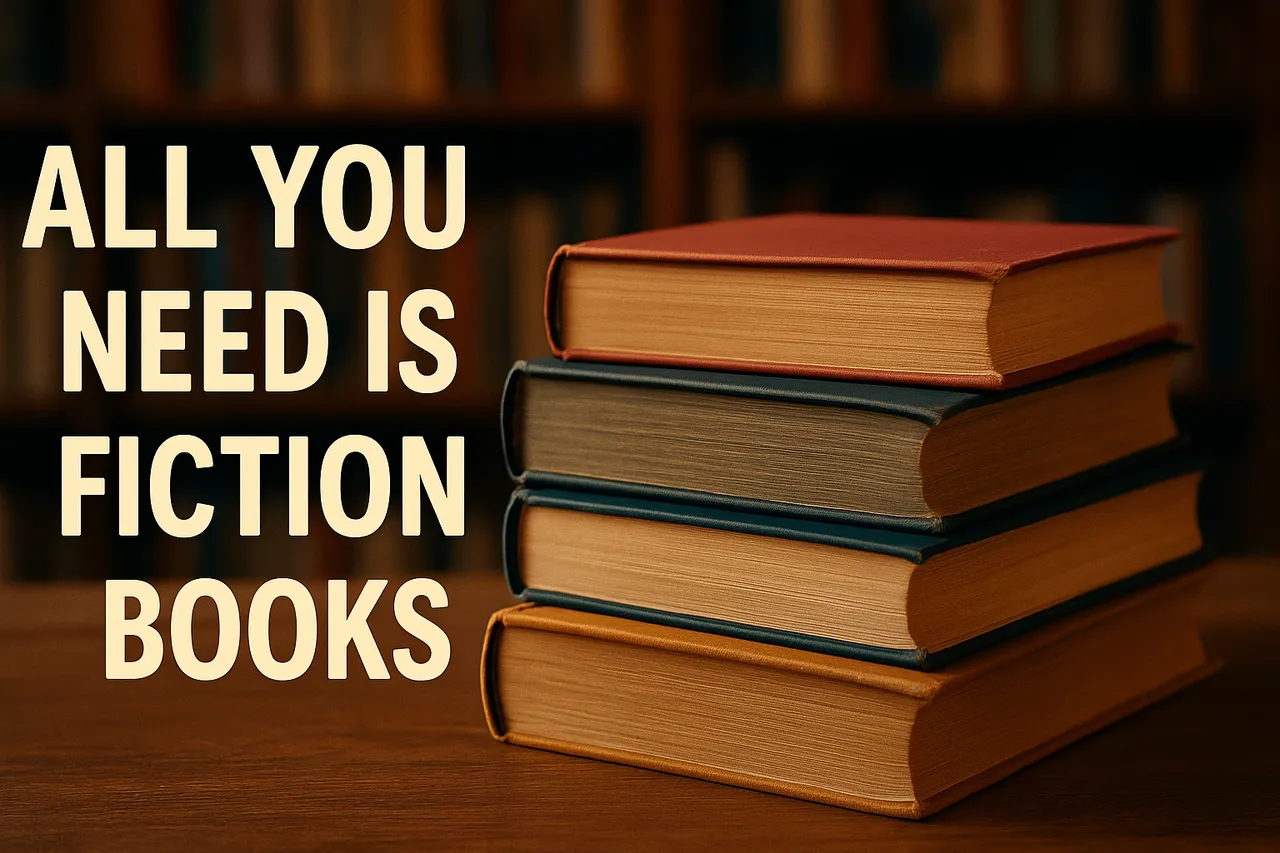The Wisdom Hiding in Fiction: Why Stories Shape Us More Than Self-Help Ever Could

The Unsaid Power of Fiction
There's a reason that fiction has existed for 1000 years in our history, while other self-help books are just vanishing like Instagram trends. Fiction communicates with us in a way that bullet points and acronyms never can. Under every great character development and rich narrative is the emotional reality of an author too afraid—or too wise—to write in plain language how they feel. Instead, they incorporate those realities into the experiences of characters who struggle, fall, learn, and succeed.
You may not know it, but some of the most quotable concepts in your favorite self-help books came from great novels. The teachings weren't conceived in boardrooms—teachings were conceived in stories.
The Problem With Condensed Wisdom
Self-help books try to distill. That's their secret power, and their death wound. You might highlight a phrase about perseverance at the halfway mark in a hit like The 7 Habits of Highly Effective People, appreciate it immensely, and never look back. But when real life challenges you, that quote won't pop up to offer support. It's too surface-y. The moral didn't get deep enough into your system.
It's not your fault—the format just doesn't work for it.
Stories Make the Lesson Stick
Now put yourself in the position of reading The Count of Monte Cristo. You slog through more than 1,300 pages, walking each step of Edmond Dantès' agonizing path. His heartache, betrayal, revenge, and ultimately, redemption. You don't merely read about resilience—you feel it. You live it.
So when life gives you a curveball, Edmond's spirit is your template. His agony and determination reside in your head, waiting to steer you, not as counsel, but as recollection. That's the distinction. You didn't merely study resilience—you imbibed it.
Why Fiction Strikes Harder Than Self-Help
Not to be throwing shade, but Dickens, Dante, or Dostoevsky's lessons have more heart than The 48 Laws of Power will ever have. It's not that one is more intelligent than the other—it's that one addresses your heart, the other your head.
Fiction shapes you. It doesn't teach you—it transforms you. As if molded by a skilled hand, you emerge from a good novel a little different from the person you were when you opened the book.
So Where Do You Start?
Here's the catch: Don't make yourself read the "right" books. If you take up War and Peace because someone told you it would change your life, chances are you'll abandon it by page 50.
Read what gets you pumped up. Read what makes you blush. Read what keeps you up too late at night. The stories that get you are the ones that linger. And with them, their lessons.
You'd like to break free from fear? Read To Kill a Mockingbird.
Want leadership insight? Heart of Darkness has something to say about it.
Seeking change? Les Misérables will rock you to your foundation.
Wisdom That Finds You
Life's not about collecting inspirational quotes like Pokémon cards. It's not about ticking off a list of books so you can tell people you're "working on yourself."
It's about pursuing curiosity. About being willing to learn the lessons that creep into your heart when you least anticipate them. The lesson that fiction provides doesn't come in a booming voice. It creeps quietly. And once you're ready, it transforms you.
Perhaps the solution to what you seek isn't in the next bullet-point book. Perhaps it's already included in the book on your shelf that contains a story. Read it. Begin to turn the pages. Allow it to mold you. \Then go and conquer the world.
The image used in this blog is Chat Gpt generated.